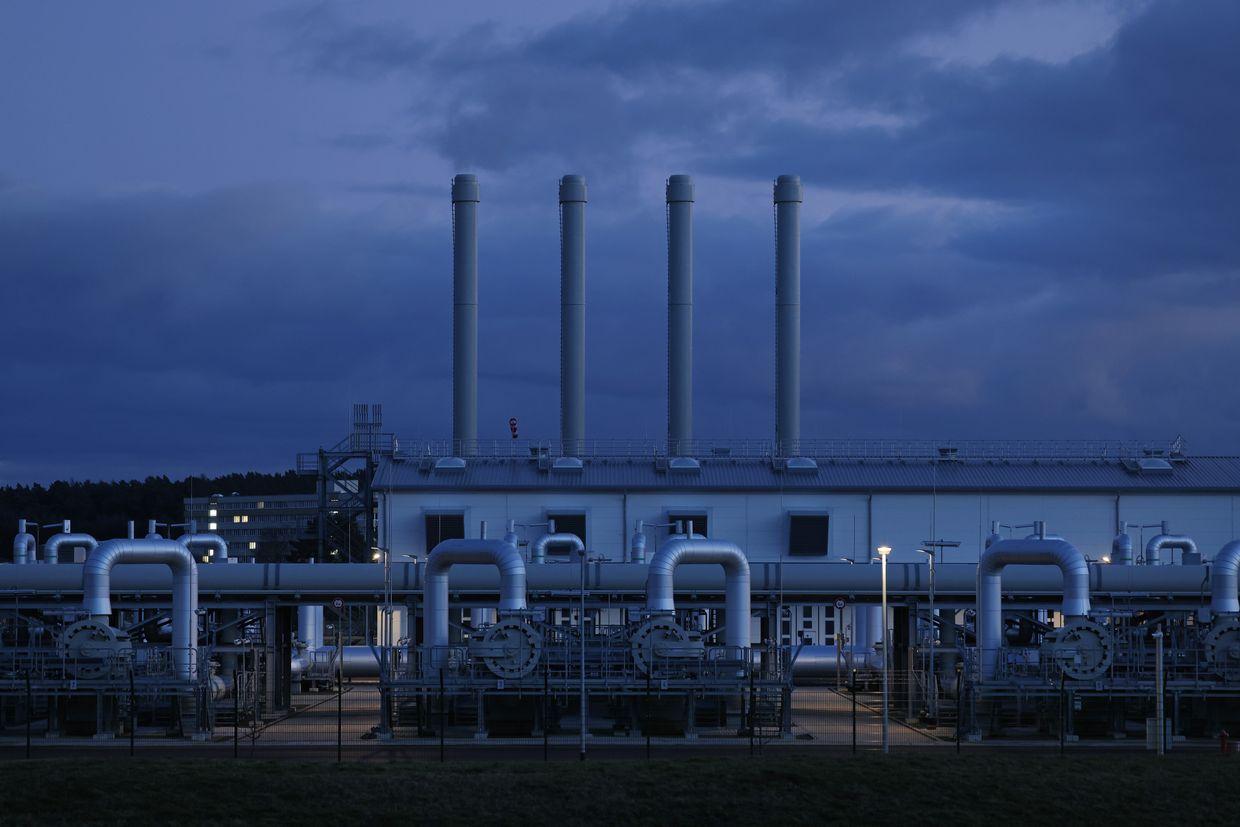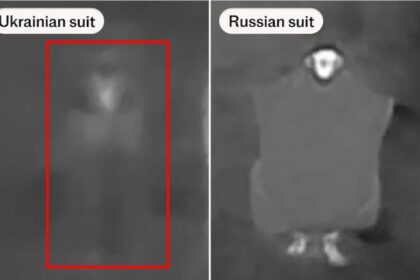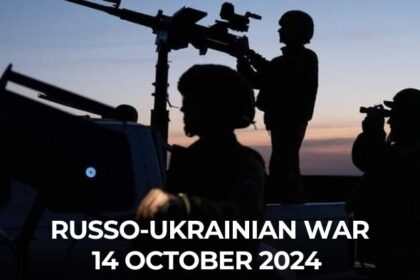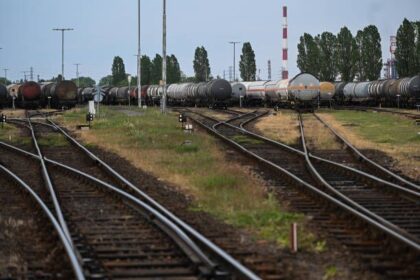**EU on Brink of Approving New Sanctions Package Against Russia**
The European Union (EU) is poised to finalize an agreement on new sanctions against Russia, a move that could have significant implications for the global economy and geopolitics. According to sources familiar with the matter, EU foreign ministers are set to meet on July 15 to formally approve the package of sanctions.
The new sanctions come as the EU seeks to increase pressure on Moscow in response to its ongoing invasion of Ukraine. The package is expected to target two Chinese banks and a Russian-owned oil refinery in India, among other measures. One key aspect of the sanctions will be a reduction in the maximum cost per barrel of Russian oil, which could have significant economic implications for Russia.
**Opposition from Slovakia**
However, the EU’s efforts are being hindered by opposition from Slovakia, whose authorities have increasingly aligned themselves with Moscow. The Slovak government has expressed concerns about the transition away from Russian gas and has opposed the sanctions package as a result.
In an effort to persuade Slovakia not to block the approval of the sanctions, Czech Prime Minister Petr Fiala wrote a letter to his Slovak counterpart Robert Fico, warning him that if he fails to approve the sanctions, Slovakia could find itself isolated within the EU. The letter highlights the importance of cooperation between EU member states in maintaining security and stability.
**Sanctions Package Details**
The new sanctions package is expected to include measures aimed at targeting Russian oligarchs and officials who are deemed to be supporting Moscow’s actions in Ukraine. One key aspect of the package will be a reduction in the maximum cost per barrel of Russian oil, which could have significant economic implications for Russia.
According to sources, the Russian oil price cap will be lowered from $60 per barrel to $47, with the cost being adjusted every six months instead of every three. This change is expected to put additional pressure on Russia’s economy and make it more difficult for Moscow to fund its military efforts in Ukraine.
**US Support**
The EU’s efforts are being coordinated with US senators, who have expressed support for the new sanctions package. US President Donald Trump has also announced plans to send additional Patriot air-defense batteries to Ukraine, which could help bolster Kiev’s defenses against Russian attacks.
However, not all EU member states are in favor of the tougher sanctions package, with Mediterranean countries like Cyprus, Greece, and Malta expressing concerns about the potential impact on their economies. These countries have expressed a desire for more support from the US or the Group of Seven (G7) before agreeing to impose the new cap.
**Commentary**
The approval of the new sanctions package is significant because it shows that the EU remains committed to putting pressure on Russia in response to its actions in Ukraine. The move also highlights the ongoing efforts by countries like Slovakia and Hungary to align themselves with Moscow, despite growing opposition from other EU member states.
In terms of economic implications, the reduction in the maximum cost per barrel of Russian oil could have significant consequences for Russia’s economy. With the global economy already facing challenges due to inflation and supply chain issues, a further increase in pressure on Russia’s economy could exacerbate existing problems.
**Analysis**
The approval of the new sanctions package is also significant because it shows that the EU remains committed to supporting Ukraine and other countries affected by Russian aggression. The move highlights the ongoing efforts by Western powers to coordinate their responses to Moscow’s actions, which could have implications for global security and stability in the long term.
However, the opposition from Slovakia and some Mediterranean EU member states also raises concerns about the potential for divisions within the EU. If not managed properly, these divisions could undermine the unity of the EU and make it more difficult for the bloc to respond effectively to future crises.
Overall, the approval of the new sanctions package is a significant development in the ongoing saga between Russia and Ukraine, and has implications for global security and stability.












